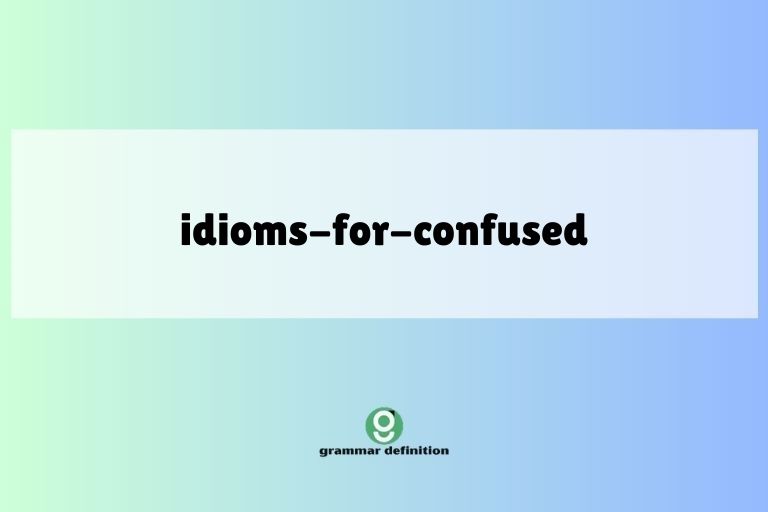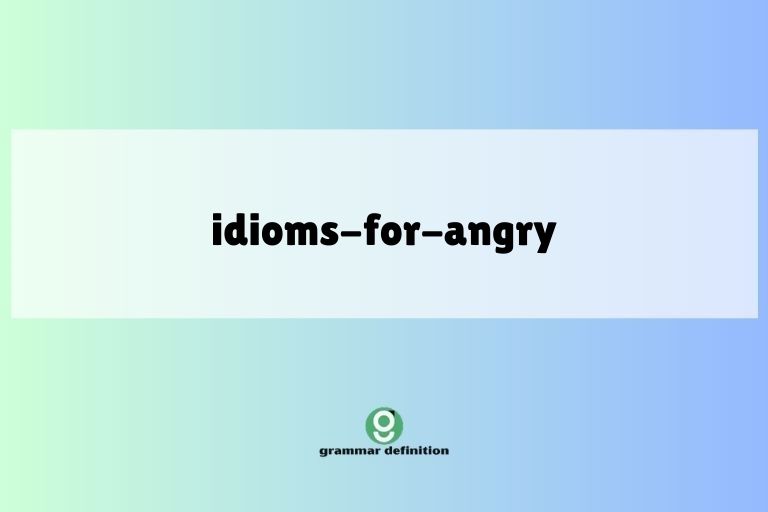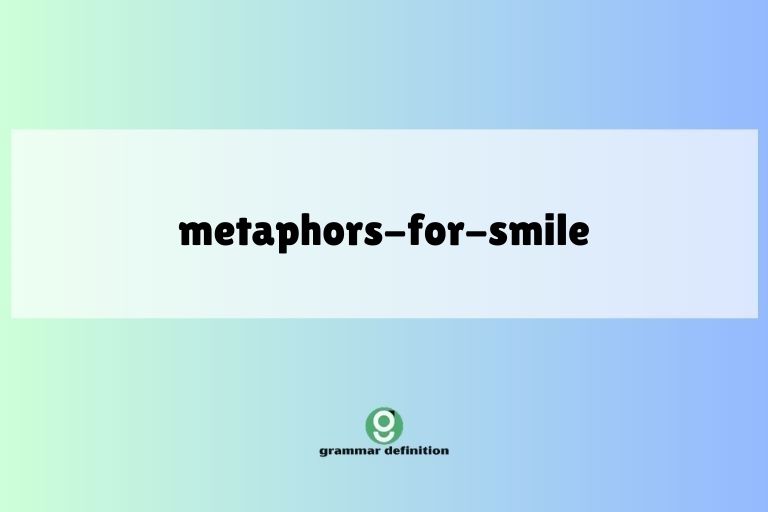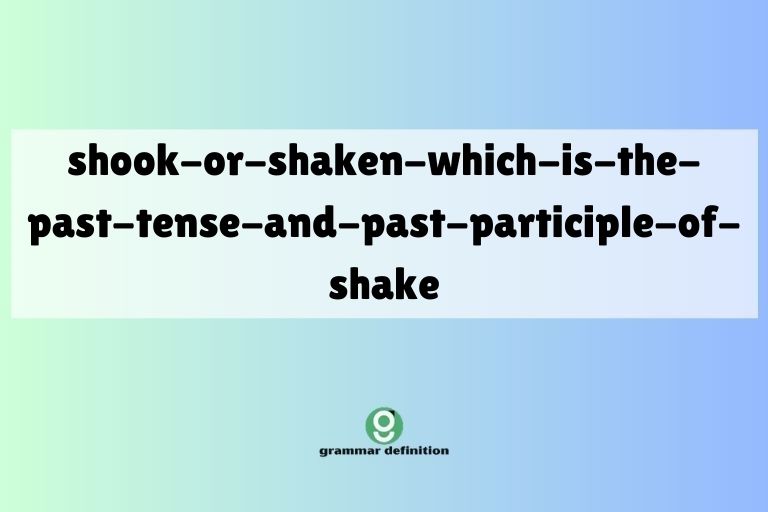Thieves’ Guild: Mastering the Plural of “Thief”
Understanding how to form the plural of nouns is a fundamental aspect of English grammar. While many nouns simply add an “-s” to become plural, others, like “thief,” follow different rules. Mastering these irregular plural forms is crucial for clear and accurate communication. This article provides a comprehensive guide to understanding the pluralization of “thief,” … Read more










